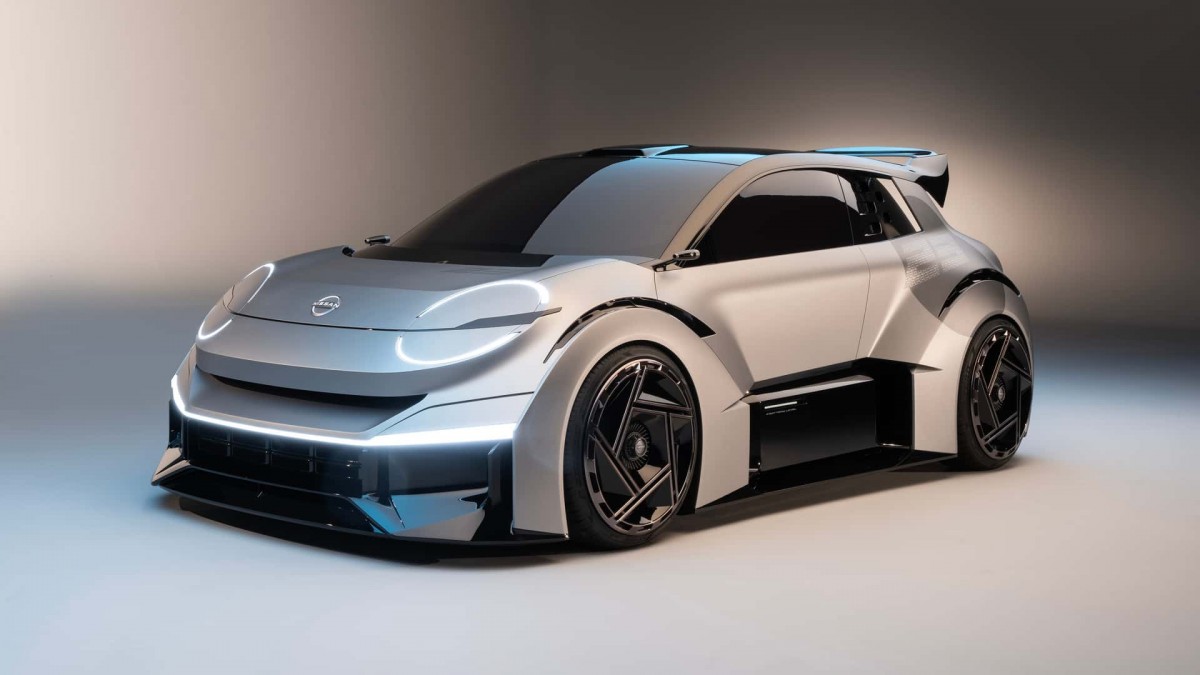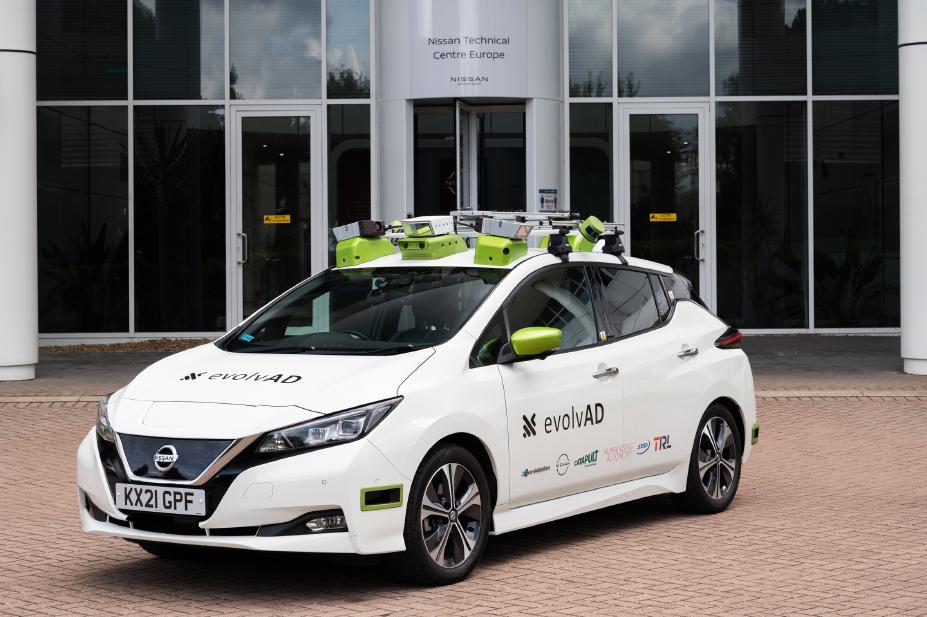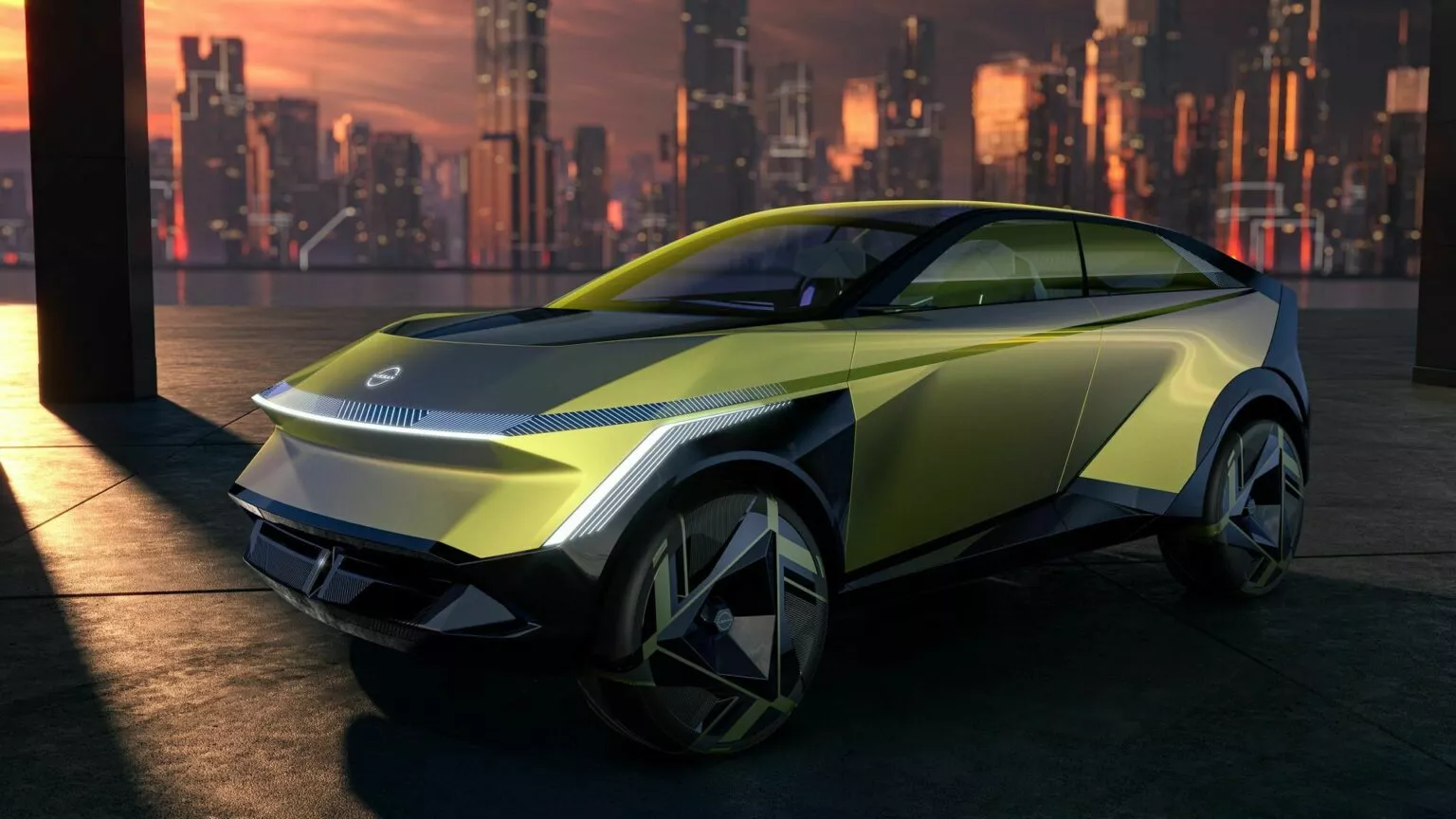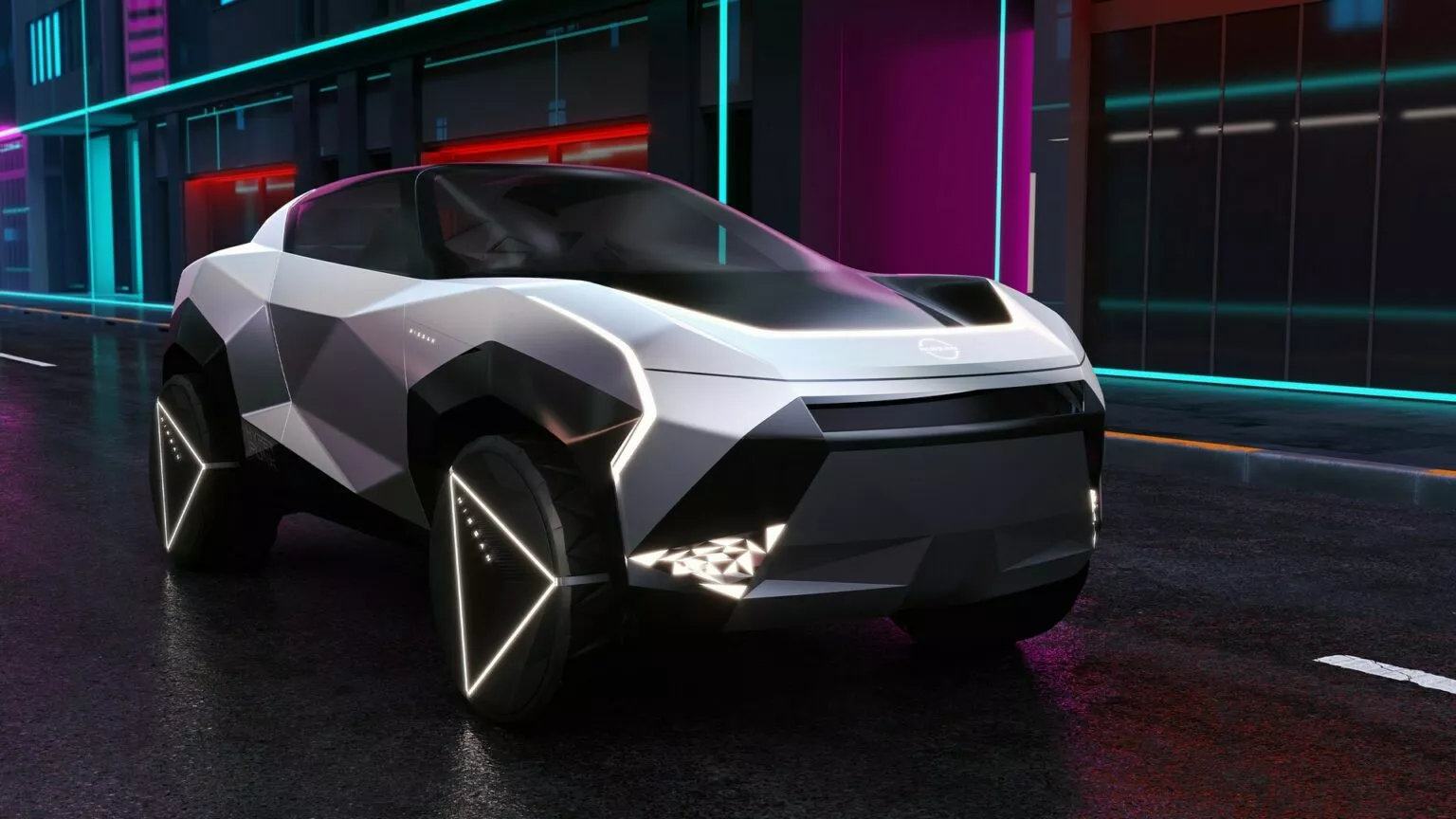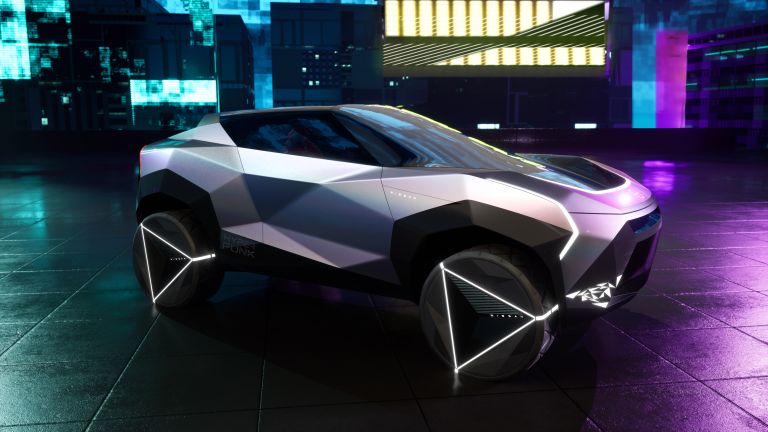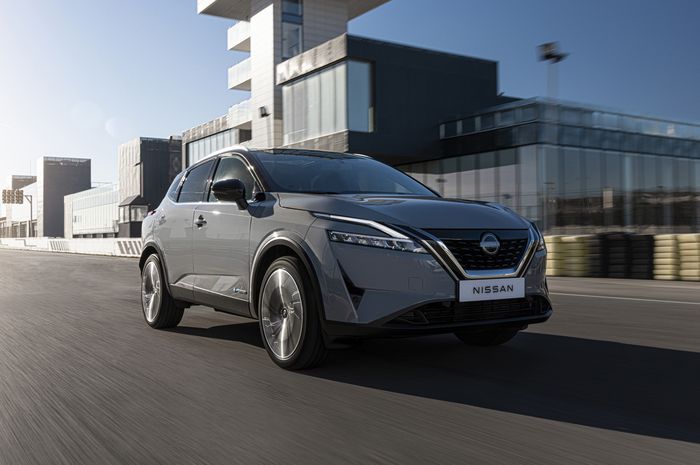Nissan announced on Monday its bold commitment to a fully electric future in Europe. The automaker stated that all new models introduced in the European market will be fully electric, with the aim of selling exclusively electric vehicles (EVs) in the region by 2030.
Nissan’s CEO, Makoto Uchida, emphasized the company’s resolute stance, stating, “There is no turning back now.” Uchida further explained that Nissan’s decision to transition entirely to electric vehicles by 2030 in Europe is motivated by the belief that it is the right step for the company’s business, its customers, and the environment.
See also: The US commits to zero-emissions commercial vehicles by 2040
As part of this strategic shift, Nissan disclosed that one of the two new EV models already confirmed for the European market will be produced at its Sunderland manufacturing facility in northern England.
This announcement follows Nissan’s earlier commitment to bolster its electric vehicle offerings. The company had previously announced plans to introduce 19 new EV models by 2030, as it seeks to catch up in the rapidly evolving electric vehicle segment, which has been dominated by newcomers like Tesla (TSLA.O).
Moreover, Nissan had previously set a target that by the end of its fiscal year in 2026, which concludes on March 31, 2027, 98% of its sales in Europe would consist of electrified vehicles. These include both fully electric cars and hybrids, which feature both a substantial battery and a combustion engine.
Nissan’s new objective of achieving a fully electric lineup in Europe by 2030 aligns the company with its alliance partner, Renault, which also plans to transition the Renault brand to an all-electric portfolio by the same deadline.
Other major automakers, such as Ford and Stellantis, have similarly committed to a fully electric presence in Europe by 2030. Volvo, too, has outlined its global ambition to exclusively sell EVs by 2030, underlining a growing industry-wide shift towards electrification.


